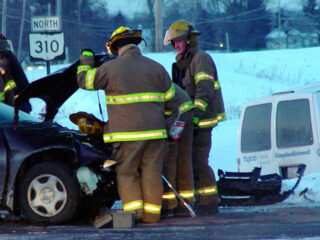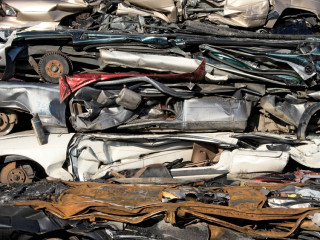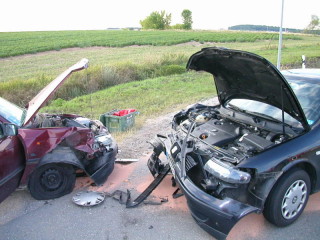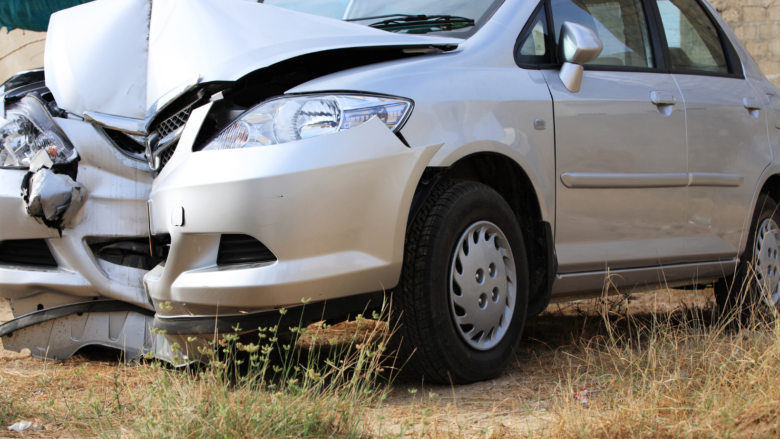The applicant was involved in a motor vehicle collision on July 5, 2013. The issues before the Licence Appeal Tribunal (LAT) were (i) catastrophic (CAT) impairment under criterion 8; (ii) attendant care benefits in the amount of $1,438.95/month from June 4, 2021 and ongoing; (iii) housekeeping in the amount of $100/week from July 5, 2013 and ongoing; (iv) attendant care assessment in the amount of $2,000; and (v) interest on overdue benefits.
Following a nine-day videoconference hearing, adjudicators Grant and Fogarty found the applicant was not catastrophically impaired due to a pre-existing psychological condition and not entitled to attendant care/housekeeping or the attendant care assessment.
Procedurally, on the final day of the hearing, Insurance Examination witness, Dr. West, failed to make himself available for cross-examination. Following a resumption of a case conference, and written submissions by the parties as to the weight to be given to Dr. West’s testimony, the tribunal decided that since the applicant failed to prove that she was catastrophically impaired, there was no reason to consider the testimony of Dr. West.
The hearing focused on whether the applicant was catastrophically impaired under the sphere of adaptation otherwise known as deterioration/decompensation in work/work-like settings. The tribunal first looked at causation and the impact of the applicant’s condition on several aspects of her life – travel, social interactions, etc. to determine the severity of her impairment. With respect to causation, the collision need not be the sole cause of the impairment; it needs only to have been a necessary cause. See Sabadash v. State Farm, 2019 ONSC 1121 at para. 39.
The tribunal determined that the applicant’s anxiety was pre-existing based on two major events. First, in 1970, the applicant had a growth in her intestines and second, in 2009, she suffered a heart attack. A year prior to the collision, the treatment providers’ records revealed the applicant continued to suffer from severe anxiety due to her heart attack and some anxiety dating back to 1970. Two days prior to the collision, the applicant had refilled a prescription for anti-anxiety medication. Her testimony revealed that over time, following the collision, the applicant had reduced her medication from 1-2 pills per day to 1-2 pills per week. The tribunal found this was not indicative of an individual whose condition had worsened as a result of the collision.
Credibility was also questioned when the applicant claimed she did not receive mental health treatment due to the stigma around treatment of mental health in her culture. The fact that her family doctor had prescribed her anti-anxiety medication, and that she would have expressed some need for medical treatment for her mental health-related issues to her physician both seemed to contradict the applicant’s statement.
Further records revealed that in 2015, the applicant confirmed to a psychologist that her anxiety stemmed from her heart attack. And in 2020, the applicant expressed to an occupational therapist that her heart-related anxiety was still so prevalent that she still attended the ER several times out of fear that she was suffering another heart attack.
With respect to criterion 7 or the 55% or more whole person impairment (WPI), the applicant’s assessor assigned a 40% WPI rating which did not meet the threshold under physical/psychological combined rating.
With respect to criterion 8, based on the 2013 collision, one marked impairment would meet the threshold for catastrophic impairment. The applicant’s CAT assessor, Dr. Waisman found three moderate impairments and one marked impairment under the adaptation sphere. The tribunal disagreed, finding that the applicant was not persuasive in providing testimony as to her pre-and post-collision condition, how that was impacted by the collision and how she was unable to adapt to her life afterward due to the inconsistencies in her testimony which contrasted her medical records. First, her travel was not significantly impaired as she continued to travel to New York every few months and also Palestine, Dominican Republic and other family trips. Second, she continued in her social interactions and activities of daily living including dinners, dancing, church events, cooking, yoga and looking after her grandchildren. Despite the isolation during the pandemic, the tribunal concluded that was not a result of the collision but rather, the COVID-19 restrictions.
With respect to work, the applicant worked as a receptionist for her husband’s company. She only returned to work just prior to the collision after taking 2-3 years off to recuperate following her heart attack. Intermittent attempts were made to return to work following the collision, but the applicant found it difficult to sit for extended periods of time. The respondent found that the applicant did not suffer a substantial inability to perform the essential tasks of her employment in November 2015. At the time of the hearing, the applicant was not working because she felt she could not manage her home and work at the same time despite having the assistance of a housekeeper and her husband in maintaining her home.
The tribunal found the applicant’s pre-existing anxiety was not exacerbated by the collision and her back pain did not amount to the level of catastrophic impairment. The adjudicators assigned her no impairment in social functioning and mild impairment in the spheres of activities of daily living, concentration and adaptation, which resulted in a WPI of 28%. Thus, the threshold for catastrophic impairment was not met.
As a result of being denied catastrophic impairment, the applicant was found not eligible to receive housekeeping benefits, which are only available for CAT claimants. Further, because the claim for attendant care benefits was submitted in September 2020, her claim for attendant care was time-barred as she needed to have made a claim within 104 weeks of the collision. Finally, the claim for an attendant care assessment was submitted April 2020 which also exceeded the 104-week requirement set out in the Statutory Accident Benefits Schedule. The assessment was also found to be time-barred.














